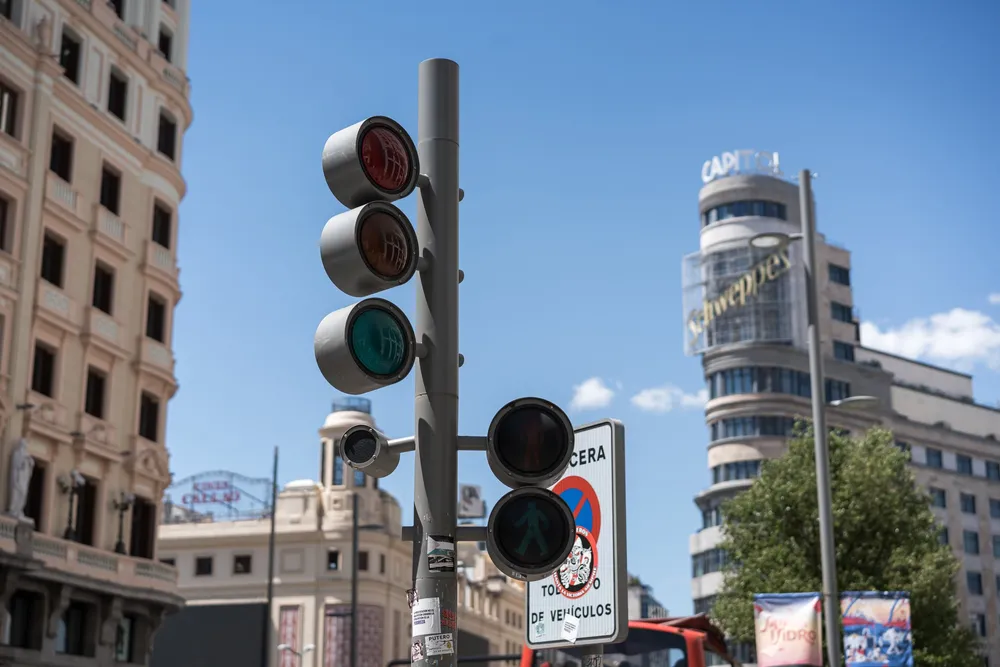Spain and Portugal probe cause of massive blackout
Authorities and grid operators have been scrambling to identify cause of massive blackout and restore power after Iberian Peninsula brought to a standstill

Portugal, Spain and parts of France have today been hit by a massive power outage that has left much of the first two countries at a standstill, with trains stopped in their tracks, traffic lights falling dark and even haircuts left half finished.
Authorities and grid operators have been scrambling to identify the cause of the blackout amid speculation about what it could be.
Spanish Prime Minister Pedro Sánchez is quoted in local media as saying that "no hypothesis is being ruled out". Hydroelectric plants in the country are now back online, he said, expressing confidence that power will be restored "soon".
REN has meanwhile said that fully restoring the system could take up to a week. The head of Spain’s power network has said restoring power fully could take 6-10 hours and that parts of the system are coming back online already.
Speculation has inevitably been rife as to the cause of the blackout. Many have questioned whether a cyberattack from Russia or elsewhere could be to blame, although Antonio Costa, President of the European Council, and other officials have said there is no indication that this is the case.
There has also been speculation over whether renewables could have played a role given their variability and high penetration in the Spanish and Portuguese grids, although there is no official statement that this is the case.
Wind and solar power have low system inertia – a grid’s level of resistance to changes in frequency, which are exacerbated by high levels of 'non-synchronous' generation.
Large power outages can often have humble beginnings. In 2003, Italy suffered a nationwide blackout after a tree fell on a power line in the Swiss Alps. More recently, Heathrow airport in the UK was brought to a standstill by a fire at a nearby substation.
(Copyright)